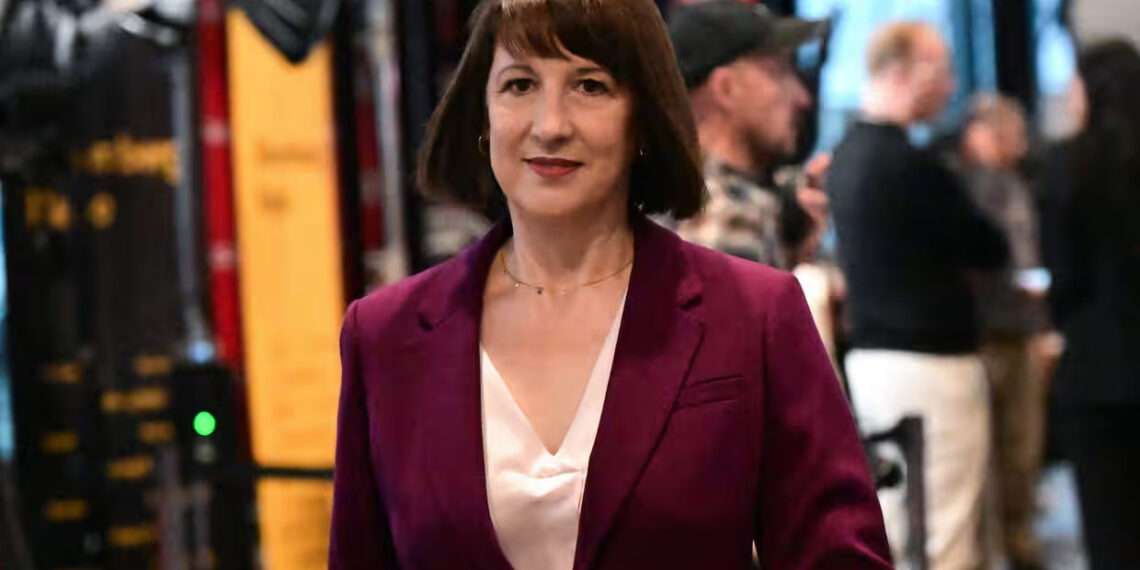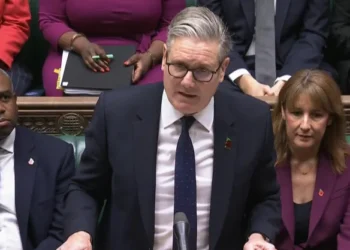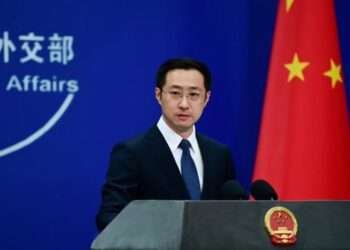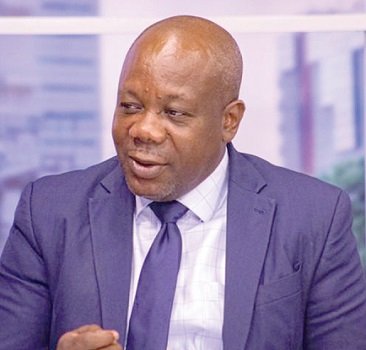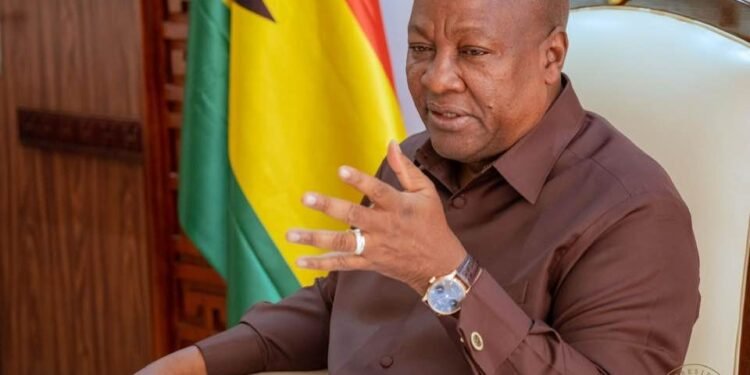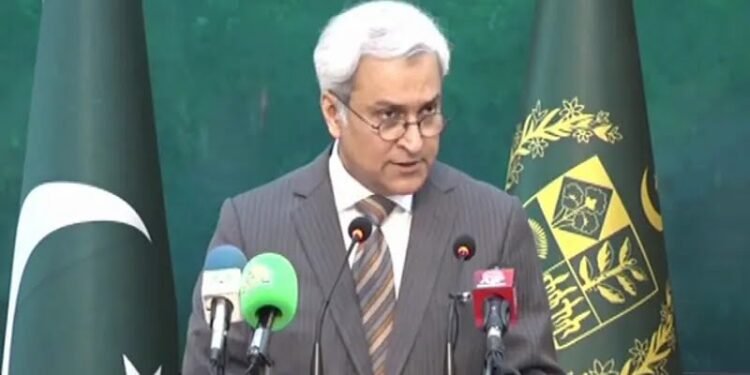Rachel Reeves, Chancellor of the Exchequer, has received a significant boost as inflation dropped sharply ahead of this month’s budget announcement.
With the consumer price index (CPI) falling to 1.7 percent — its lowest level over three years — Reeves is now in a stronger position as she grapples with the challenge of addressing a £40bn fiscal shortfall.
The Office for National Statistics (ONS) revealed the drop in inflation as the Labour government prepares its first budget. The ongoing need to balance spending cuts with potential tax hikes makes the task more daunting.
The recent inflation figures are well below analysts’ expectations, which had forecast a more modest drop to 1.9 percent. For Reeves, the lower-than-expected inflation numbers provide some breathing room, even as she works to fill the substantial gap in public finances.
Speaking before the cabinet earlier this week, the Chancellor acknowledged the difficulty of closing the funding gap, estimated at £40bn, while protecting vital services. She emphasized that resolving the shortfall is crucial for keeping public services running smoothly, stressing that filling the £22bn black hole uncovered earlier in the year would only prevent further decline in service quality.
Labour’s Budget Plans Under Scrutiny
The recent decline in inflation not only eases pressure on public finances but also raises the likelihood of the Bank of England cutting its interest rate further.
Many experts believe that under Governor Andrew Bailey, the Bank could lower rates again in November, bringing them down to 4.75 percent — a decision that could provide additional support to Reeves’ economic plans.
In recent comments, Bailey hinted at the possibility of a more “aggressive” approach to cutting rates if inflation continued its downward trend.
Financial experts, including David Murray, hailed the decline in inflation as a positive step. “To see rates continue a downward trend to 1.7 percent … will be a huge relief,” Murray said. He noted that many would expect two more rate cuts before the end of the year, possibly bringing the base rate down to 4.5 percent by December.
Despite the optimism, Reeves faces substantial challenges as she seeks to protect key departments from further budget cuts. State benefits are set to rise by just 1.7 percent next year, while the state pension will see a more substantial 4.1 percent increase due to the “triple lock” mechanism, which guarantees pension growth.
Tories and Labour Clash Over Economic Strategy
While Labour appears buoyed by the fall in inflation, their Conservative counterparts were quick to claim credit for the country’s economic health. Laura Trott, the Conservative shadow chancellor, pointed to the measures taken by her party during its time in government.
“Today’s figures show Labour inherited a strong economy,” Trott said. “It was our tough decisions during the inflation peak that set the foundation for this recovery.”
However, the current Labour government continues to emphasize its commitment to boosting workers’ rights and economic growth. The Treasury has indicated that the budget will prioritize protecting jobs and public services despite the fiscal challenges.
Darren Jones, Chief Secretary to the Treasury, reiterated the government’s focus on growth, saying, “There is still more to do to protect working people, which is why we are focused on bringing back growth and restoring economic stability.”
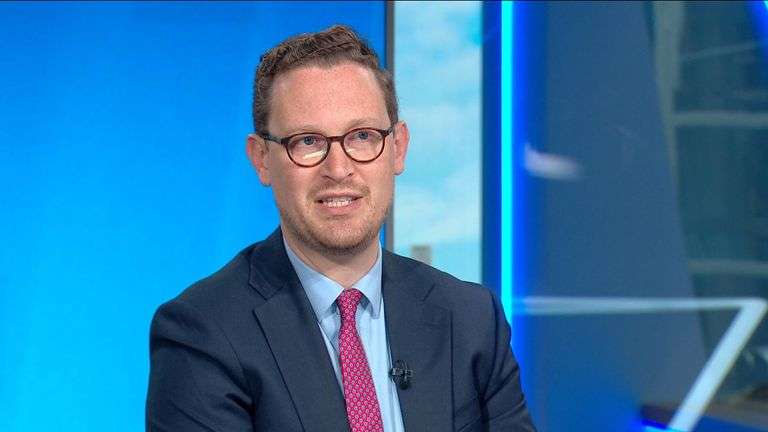
Reeves, who has positioned Labour as the party of economic recovery, is expected to deliver a budget that reflects this commitment. With inflation under control, the Chancellor hopes to unveil measures to stabilize the economy and set the stage for long-term growth.
The Budget, scheduled for 30 October, is expected to highlight Labour’s central mission of economic expansion, emphasizing investment in public services and infrastructure.
What the Future Holds for Inflation and Interest Rates
Despite the welcome news of falling inflation, some economists are sounding a note of caution. Suren Thiru, Economics Director at ICAEW, warned that the recent decrease might be temporary.
“September’s decline could be reversed next month, given the rise in energy bills following the increase in Ofgem’s energy price cap,” Thiru said, adding that this could push inflation back above the Bank of England’s 2 percent target.
With inflation slowing and interest rates potentially falling, Reeves and the Labour government have reason to feel optimistic about the economic path ahead. The upcoming Budget will be a critical moment for Reeves to outline her vision for the UK’s economic future and solidify Labour’s approach to growth and fiscal stability.
READ ALSO: Osebo The Zaraman Recalls Past ‘Suffering’

